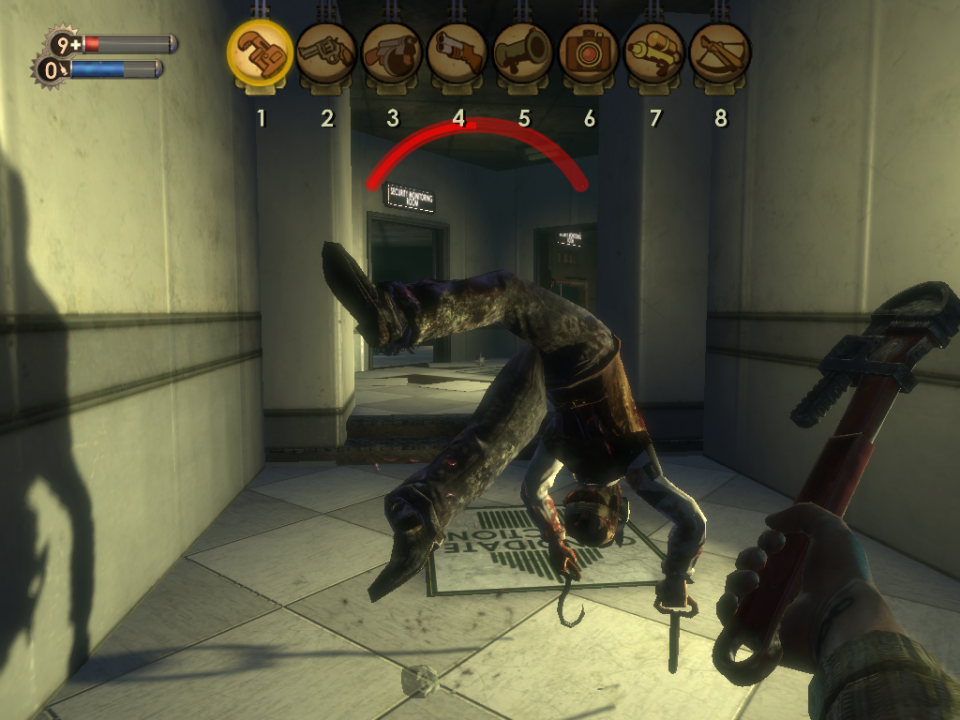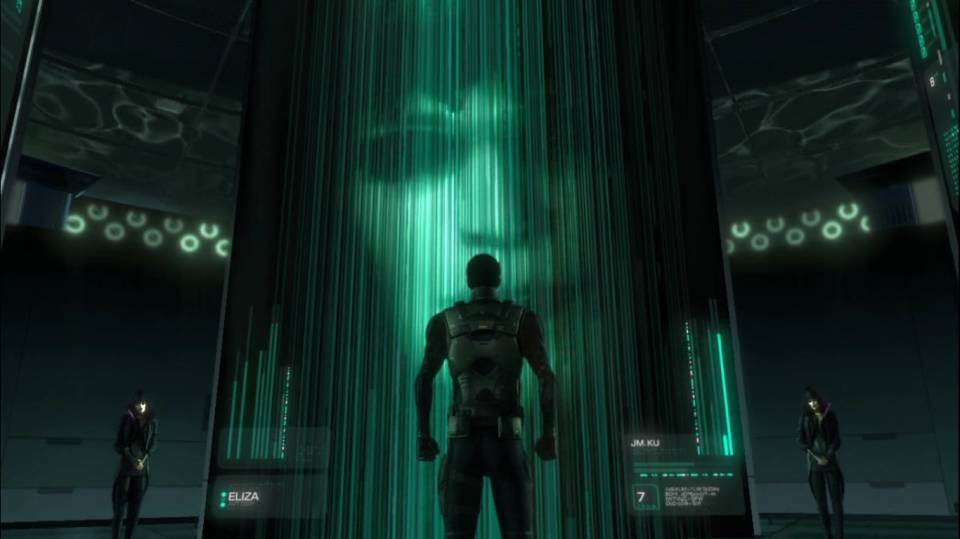Through a Writer's Eyes - Part 2 (World Building Part 1)
By Kazona 15 Comments
Too Much or Not Enough?
If we look at all the games that we believe to have good stories, they all have something in common: they have a strong, believable world acting as the very foundation of the story we're experiencing. Even if everything that happens in the game is utterly from the realm of fantasy, and we know, deep down, that nothing like it will ever be remotely possible, the world behind the story is still the glue that holds it all together.
Let's take Bioshock for example. Here is a game that does more than just thrust you into the main plot and hope for the best. Through clever use of audio logs, the world and its characters are fleshed out, even though your interaction with them is severely limited. By letting the player delve deeper into the history of this fantastical world, they start to see things through different eyes. No longer are those splicers seen as mere obstacles on your path, but as actual human beings whose minds have been severely damaged. And while you know that you have no other choice but to kill them, your knowledge of their history is an effective way of garnering sympathy for these lost souls.

Does this mean writers should strive to answer every question, and explain every minute detail? The answer to that is a resolute no. Life itself is full of mystery and unanswered questions. One could say that not knowing is just as vital to our lives as knowing. And so it needs to be with a good story. By explaining every little thing you will eventually lose the attention of your audience, either because you're boring them with insignificant details they don't care to know, or because you are overwhelming them with knowledge of which the human brain can retain only so much.
In essence, by putting entirely too much detail into a story, you're no longer writing a story to be experienced, but college material to be studied.
The goal, therefore, is to find the right balance between not enough, and too much information. Stray too far to either side, and you will lose the captivation of your audience. But find that perfect balance, and you will have them hanging onto your every word, no matter how ludicrous your story might be.
Be Your World's God!
As a writer you must have an explanation for everything. And before you think I've lost my marbles and have started contradicting my earlier statement, let me clarify with a simple question:
If you do not fully understand the world which you have created, who will?
Ok, perhaps that just confuses the matter further, so let's see if I can explain it a little better.
As we all know, every action has a reaction. But one of the key things that we often tend to overlook is that every action has a motivation and a reason. Nothing we do is ever "just because". We might pretend we did something just because we could, but the truth is that something always motivates us to do something. Even our very basic instinct is a form of motivation that drives us to do what we do.
And it's not just us that logic and reason applies to. Just take a look around you, and you will come to understand that nothing exists simply because it does. Everything has a story, and nothing is without explanation.
And so it must be with the world you're building as a writer. While you might never explain exactly why certain things are the way they are in your story, you, the writer, must know. If you don't--if you lose sight of the logic behind your world--your story will begin to unravel. Details the would be believable otherwise will no longer make sense to the reader. By not having complete knowledge of the world you, as the writer, created, mistakes and inconsistencies will creep into your story. And while certain things might seem entirely trivial at first, even the smallest inconsistency can cause your carefully crafted story to collapse like a house of cards.
To bring this back into games a little, just think about all those moments where something happened in a game that made no sense to you whatsoever. I'm not talking about glitches, but about things that happened as intended, yet was completely inconsistent with your understanding of the world in which said game took place.
One good--and recent--example of this would be Deus Ex: Human Revolution. Without beating around the bush, the boss fights do not make any logical sense compared to what the game is portraying everywhere else in its world. All the potential of choice is suddenly stripped away, and the only option that remains is to unload on this single adversary until he or she falls. And while some will suffer through this contradiction in logic, others will not be able to look past this obvious flaw, and put the game down, never to pick it up again.

Okay! I think I've rambled on long enough. Originally all this was planned as a small precursor to explaining the act of building the world, but I got a bit carried away. So rather than add another wall of text, I'm going cut it off here, and pick it up again in the third part. Until then, I hope you all enjoy this little read, and I'm looking forward to writing the next part in which I explain the different ways one can go about creating their world.
